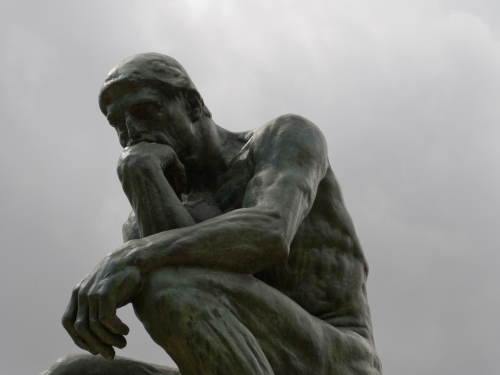
This article was originally published by E-International Relations on 19 September 2014.
Robert Cox began his canonical 1981 essay “Social Forces, States and World Orders: Beyond International Relations Theory” with the observation that it is “necessary and practical” for academic disciplines to “divide up the seamless web of the real social world”. We make these divisions, Cox wrote, in order to analyse the world and thus to produce practical knowledge of that world. It is not a stretch to suggest that the real social world of International Relations scholarship might also be approached as worthy of analysis and theory. Indeed, reflection on International Relations as theory appears in the field as part of the necessary and practical division of the complexity of the social and political world. Rare is the introduction to IR textbook that does not emphasize, and usually begin with, the “great (theoretical) debates” that have structured the field since it emerged as an academic discipline.
